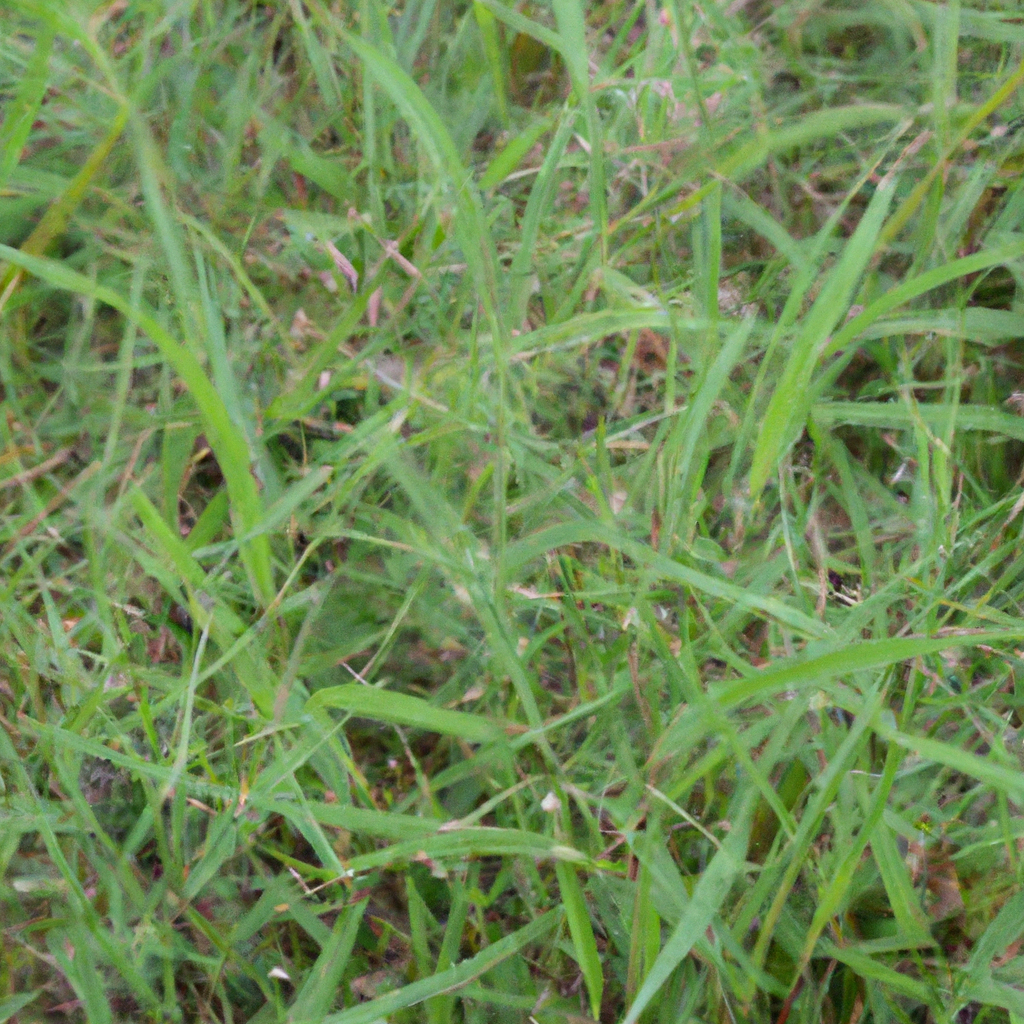Biological Name:
Aristida spp. (Wire-Grass)
Natural Habitat:
Wire-grass is a type of grass native to North America, Europe, and Asia. It can be found in a variety of habitats, including grasslands, meadows, and wetlands.
Description:
Wire-Grass is a perennial grass that is native to North America. It has long narrow leaves and small inconspicuous flowers. It is often found in dry open areas and is used in wetland restoration projects.
Frequently Asked Questions (FAQs)
Q: Is wire grass and Bermuda grass the same?
A: Bermudagrass (Cynodon dactylon) is a perennial, warm-season, non-native grass, also called wiregrass.
Source
Q: Is wire grass annual or perennial?
A: Ventenata dubia, commonly known as North Africa grass or wiregrass, is an annual grass native to Europe and North Africa.
Source
Q: What is better than Bermuda grass?
A: Bermuda grass does well in zones 7, 8, 9 and 10, while St. Augustine grass really only performs well in zones 8 through 10. So, if you live along the Gulf Coast or warm coastal areas of the country, St. Augustine grass is a better choice.
Source
Q: How does wire grass look like?
A: Wire grass is a slender, erect, tufted perennial grass that can grow to 60cm tall, with a thickened hairy base. The stems are very fine. The leaves are stiff and flat, and about 5–10cm long. The seed head is 4–8cm long and is open with several fine branchlets bearing a few silky-haired seeds.
Source
Q: Which grass type spreads the fastest?
A: What type of grass grows fastest? If you are wondering what type of grass grows fastest, you could start with Perennial Ryegrass. This is because the grass is one of the fastest growing grass varieties that you could consider for your lawn.
Source
Q: Where does wire grass grow?
A: Wire Grass is an ornamental warm-season grass in the Poaceae family that is found in sandhills and coastal plain regions of the United States.
Source
Q: What is wire grass good for?
A: The decoction of the plant is recommended for deworming, coughs, lung troubles, dysentery, heart problems, bladder and kidney stones, spleen and liver complaints and high blood pressure. The leaves can be applied externally as a poultice over sprains, dislocation of the bones, lumbago or pain in the lower back region.
Source
Q: Why is it called wire grass?
A: The Wiregrass region or Wiregrass country is an area of the Southern United States encompassing parts of southern Georgia, southeastern Alabama, and the Florida Panhandle. The region is named for the native Aristida stricta, commonly known as wiregrass due to its texture.
Source
Q: Where is wire grass found?
A: Wiregrass country, named for its native tall grass (Aristida stricta), is a historic area of the South shared by south central Georgia, southeastern Alabama, and the panhandle of Florida.
Source
Q: Is wire grass the same as crabgrass?
A: The main difference is that while crabgrass stays in a clump and spreads by seeds, wiregrass spreads by stolons above ground and rhizomes below ground, making it much more difficult to deal with. Other ways to identify the two is by color.
Source
Q: Is it better to pull or spray crabgrass?
A: The best, natural way to get rid of crabgrass and perennial weed grasses is to dig them out rather than spraying them with Roundup or other herbicide of your choice.
Source
Q: What will kill wire grass?
A: If your turf is dotted with wiregrass, control it with a selective herbicide containing sethoxydim or fluazifop. These chemicals are designed to kill this pesky weed without harming your grass.
Source
Q: Will Roundup kill wire grass?
A: You could apply Roundup with a paintbrush so you touch only the grass and not your flowers. Be patient; it might be several weeks before Roundup takes effect. A second or third application often is needed to kill wiregrass.
Source
Q: Will vinegar kill wire grass?
A: Vinegar is non-selective, meaning it will potentially kill every plant it comes into contact with including lawn grass and other desirable plants.
Source
Q: How does wire grass spread?
A: Wiregrass spreads both by rhizomes, which are underground horizontal stems, and by stolons, aboveground horizontal stems that root at intervals. In undisturbed soil, the rhizomes remain 1 to 6 inches below the surface, but if the ground is tilled, the roots will grow deeper underground.
Source
Q: How do I get rid of wire grass in my garden?
A: Weed Killers: Routine weed killers are no match for wire grass. … Digging: To pull or dig wire grass, you’ll need to go several inches deep, to make sure you get ALL of the rhizomes. For new gardens and flower beds, solarization can help give you a blank slate.
Source
Q: What home remedy kills grass permanently?
A: The most effective homemade option is a mixture of white vinegar, salt, and liquid dish soap. Each of these ingredients has special properties that combine to kill weeds. Both the salt and the vinegar contain acetic acid, which serves to dry out and kill the plants.
Source
Q: Is bleach a good grass killer?
A: Undiluted bleach can zap weeds growing through the cracks in your walkway or driveway. Spray undiluted bleach on the weeds and let stand. The solution will kill existing weeds and help prevent new ones from sprouting. Bleach will kill grass, flowers, and other vegetation as well, so take care where you aim!
Source
Q: When should you kill wire grass?
A: 2:264:13The wire grass until it is just wet. If it grows back reapply the herbicide before grass reaches six. The wire grass until it is just wet. If it grows back reapply the herbicide before grass reaches six inches tall.
Source
Q: Will a little bleach kill grass?
A: In your own backyard Clorox. Regular-Bleach2 is great for maintenance, and will not harm your grass or plants when used as directed2. It’s great for areas where mold and mildew can build up, such as outdoor flower pots and swimming pools.
Source
Q: What does wire grass mean?
A: noun. : any of various grasses or rushes having wiry stems or leaves.
Source

